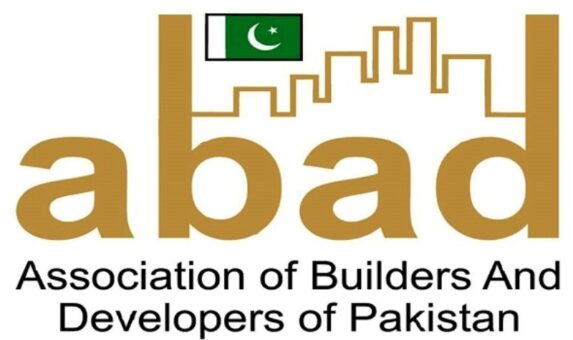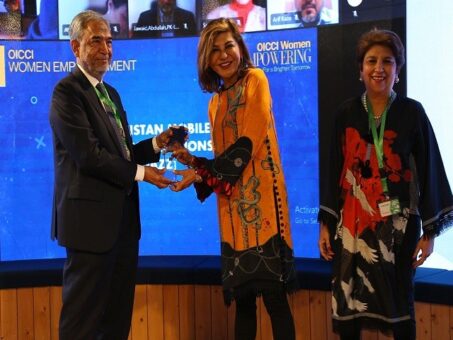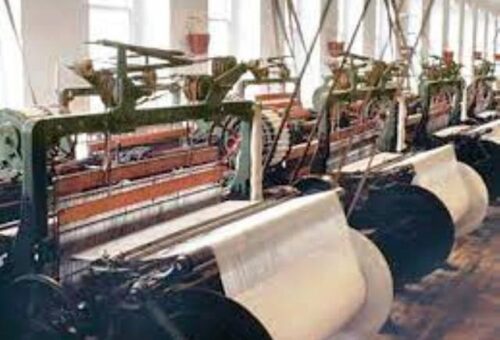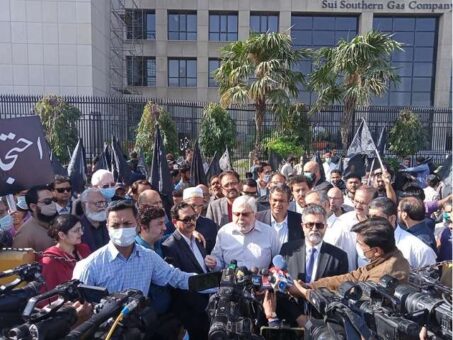KARACHI: Tariq Mustafa Khan, Chief Commissioner Inland Revenue, Regional Tax Office (RTO) Karachi has said that retailers who installed Point of Sales (POS) will gain refunds automatically.
“The retailers will also not subject to audit,” he said while speaking with office bearers of Karachi Chamber of Commerce and Industry (KCCI) on Thursday.
“POS, which was currently for business falling under Tier-I, will gradually be installed all over the country with a view to save the economy from tax evasion”, he added.
READ MORE: All shopkeepers to install POS machines: CTO Chief
President KCCI Muhammad Idrees, Senior Vice President Abdul Rehman Naqi, Vice President Qazi Zahid Hussain, Chairman of Special Committee for Small Traders Majeed Memon, Chairman GST/ SRB Subcommittee Shoaib Ahmed Faridi, Chairman Federal Taxation Subcommittee Hilal Ahmed Sheikh, KCCI Managing Committee Members and others were also present at the meeting.
Chief Commissioner RTO explained that any shopkeeper who comes under the purview of seven conditions defined for Tier-I will have to fulfil the POS condition.
“Shopkeepers must come out of fear as they will be fully protected in case of any illegal action. Our doors are always open and you can visit my office anytime for assistance without seeking appointment,” he assured and advised shopkeepers to submit written complaints in case they were being victimized, ill-treated or blackmailed by any officer of his department. Action will be taken by initiating investigation within 24 hours with a view to create a taxpayers’ friendly environment.
READ MORE: FBR posts officials at retail outlets for sales monitoring
“Whoever has received notices pertaining to POS, his business must be falling in any of the seven categories defined in Tier-I. We don’t want to close down your business. This system is purely for the benefit of businesspeople hence, maximum number of people must become part it,” he said.
Appreciating President KCCI’s suggestion, he agreed that his department’s team will hold awareness sessions not only at KCCI but also at respective markets. “It is not only the responsibility of Muhammad Idrees to support and facilitate shopkeepers but ours as well,” he added.
Tariq Mustafa Khan, while congratulating KCCI Office Bearers on assuming charge of Chamber’s affairs appreciated all the efforts being made to highlight the problems pertaining to POS and other taxation issues.
READ MORE: Point of sale machines allowed tax credit
Speaking on the occasion, President KCCI Muhammad Idrees stated that to properly and effectively implement POS system on Tier-I Retailers without troubling the shopkeepers, the field formation teams need to play a more proactive role while awareness has to be raised amongst shopkeepers who currently stand unguided and were reluctant to seek assistance mainly due to existing negative perception about tax authorities. “The past practices of field formation officers are discouraging shopkeepers to integrate with FBR via POS which requires attention”, he added.
He also pointed out that Gul Plaza was not an airconditioned mall but due to inevitable requirement at the basement, some shopkeepers have installed air conditioners and similar was the case at some other malls as well hence, all such shops should not be held responsible for failing to comply with POS condition as these cannot be treated under Tier-I.
Muhammad Idrees further argued that all laws being devised by FBR including POS system remain confined to business community of Karachi only at initial phase whereas it appears that the rest of the country stands exempted.
READ MORE: CTO Karachi seals three retail shops on POS failure
He advised Chief Commissioner to hold awareness sessions at KCCI for shopkeepers of markets and malls and these sessions must also be organized at relevant markets as well so that misunderstandings and grievances could be dealt as people were largely unaware to such an extent that they were even not aware that shopkeepers can also get rebate under POS.
He said that taxpayers were being harassed by issuing notices for monitoring and audit of multiple tax years and were compelled to comply to these notices within a short period of merely 4 to 5 days. In this regard, he proposed that field formations should be restricted from initiating proceedings of multiple years while adequate time period has to be prescribed under the law which should be provided to taxpayers for responding to a particular notice.
He sought Chief Commissioner’s support in improving the business climate, rationalizing taxation and reducing cost of doing business so that the country could be brought to the level of realizing its true economic potential.








